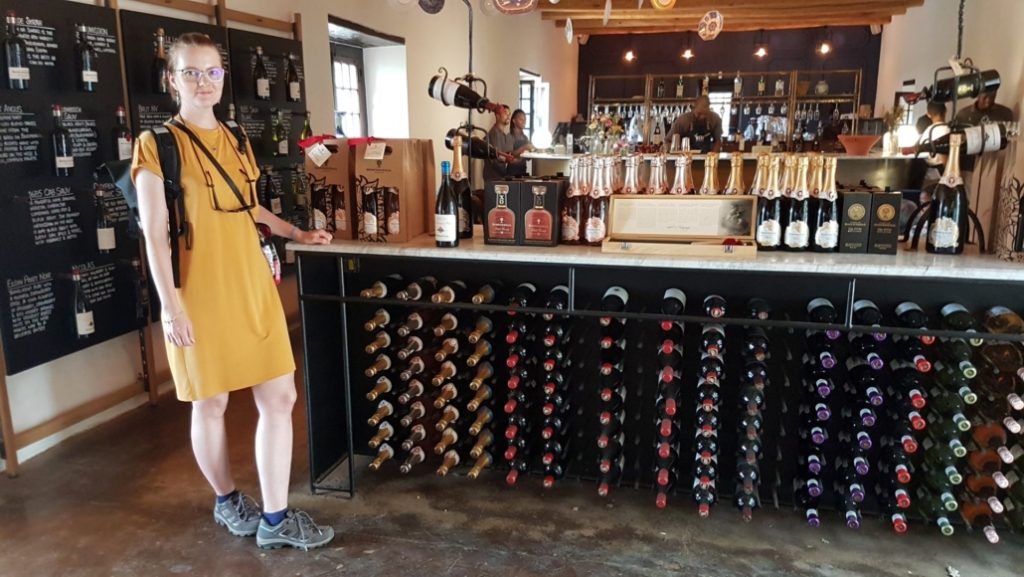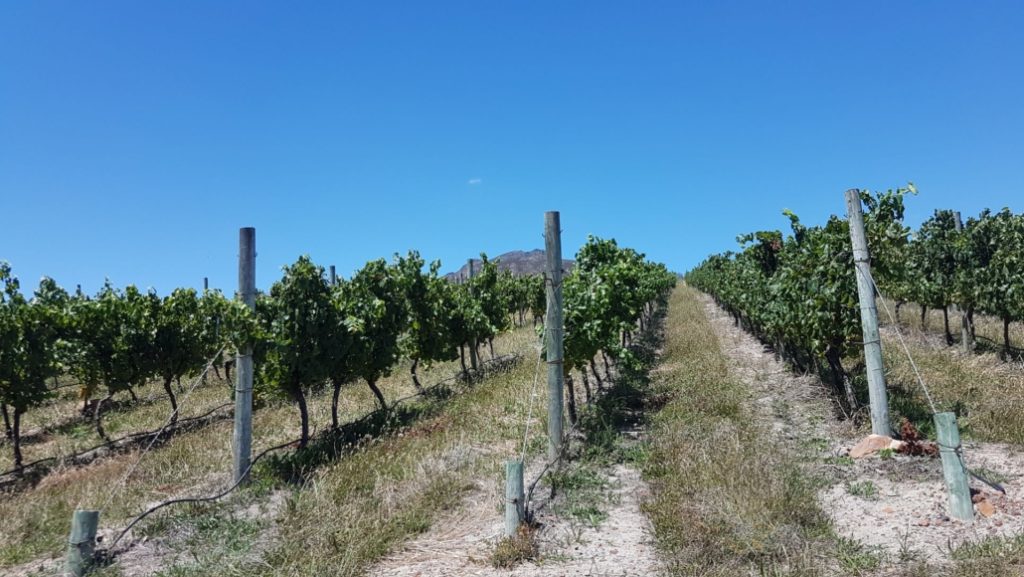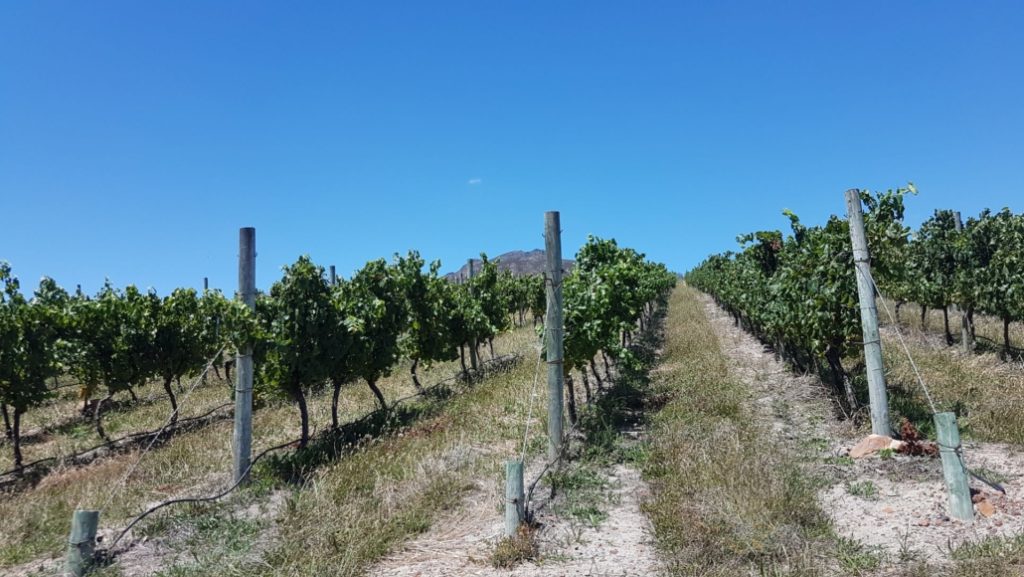As part of the CLIF project, corsus visited selected wineries. In the CLIF partner country South Africa, environmental impacts in wine production and South African deep-sea hake and sardines fisheries are taken into focus.
One oft he most comprehensive sustainable and biodiversity promoting programs run by WWF South Africa is the „Conservation Champions “ program.


55 winefarms in the Cape Winelands have been awarded for fulfilling strict criteria of biodiversity and nature conservation. To become a conservation champion, and get the labeling, WWF South Africa set up management plans to reduce the environmental impacts of wine production. corsus visited three of the conservation champion winefarms. Following the principles of “low impact farming”, “achieve more with less” and “leave the soil healthier than you found it”, intensive efforts are made to protect biodiversity. In addition to the climatically best-adapted wine varieties, apples and peaches are grown in the Elgin Valley, and various citrus fruits and olives in Paarl. The sustainability profile of the wineries includes the protection of large areas of farmland, usage of renewable energy, as well as the creation of corridors of natural vegetation. On the one hand, this kind of natural network allows plants and animals to spread, on the other hand it acts as a natural barrier against the spreading of agricultural diseases and pests. Pest control is also done by biological means and makes use of mechanical barriers, as well as pheromones or naturally occurring enemies. Substantial amounts of fertilizer, fuel and water are saved through modern satellite driven technical surveillance of plant growth. Invasive species are a major driver of biodiverstiy loss in South Africa and the struggle to get rid of them needs large amounts of money, time and labour. After just a few years of sustainable management, substantial improvements are attained. Biodiversity is recovering. Other positive effects are an improved water regime, and consequently, a better local microclimate. In addition, a modern, regenerative approach to improving soil health is being tested and improved on one of the farms. The successes in terms of richer yields, an improved water regime, coupled with a full reduction of pesticide use are convincing outcomes of the management practices. From these visits, it became clear that the factors of climate change, water stress, soil condition, invasive species and the link to human health are of key importance in viticulture in South Africa. We look forward to continuing to work with the wine farms and WWF South Africa and look forward to seeing the results of the case studies. We would like to thank WWF-South Africa for arranging contacts, providing local support and successful cooperation.
